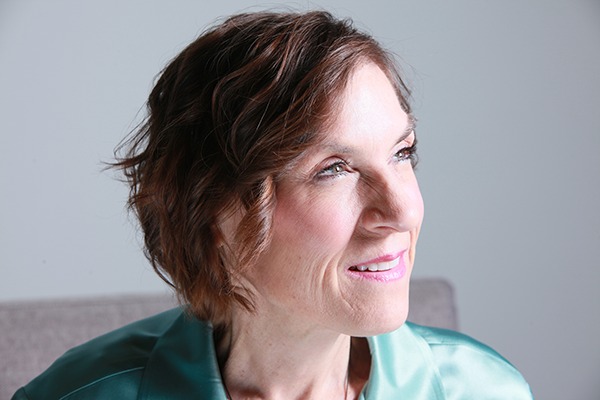“This is not your classic law firm,” Anne van Leynseele quotes about her law firm, 7 Point Law formerly known as Northwest Marijuana Law.
During her early years, while doing business management consulting in Sydney Australia, Anne also managed commercial transactions, business development of production and technology start-up entities, advised on process efficiency, and defined stronger corporate communication strategies for many Fortune 100 companies. When she returned to the United States, she realized that what she enjoyed the most about her work was drafting and negotiating contracts. This realization encouraged Anne to have a discussion with an attorney she knew at Preston, Gates, & Ellis (now K&L Gates) while she considered entering law school.
She saw a future in law, and took an opportunity to work as a clerk to see what the daily work life of a lawyer looked like. This experience inspired her to apply to law school. Anne worked at K&L Gates while she attended the night program at Seattle University School of Law where she engaged with the Women’s Law Caucus and graduated with honors.
While exploring the world as a lawyer, Anne compiled a resource regarding health insurance and other topics called “The Layperson’s Guide to Breast Cancer”. A professor found the document inspiring and reached out to the Obama Administration on behalf of Anne, who was then offered a position as an attorney-advisor in Washington DC.
Excited by this opportunity, Anne took this dream job and started considering her career as a healthcare lawyer. However, after her four-year contract ended at Obama One, she noticed a small article in Time Magazine about the administration denying water rights to legal marijuana growers in Washington and Colorado.
Surprised at this unjust action, Anne decided to help the struggling entrepreneurs in the cannabis industry. However, she soon realized that firms would not touch this undefined area of law so she decided to start her own law firm, which became 7 Point Law.
“We write our own rule book for how this firm is run.” Anne quotes. She was not going to make the same mistakes the entrenched old school law firms make in rigid thinking about roles and operations.
It was a struggle to find banking, insurance, and other basic needs for a start-up even though she was a law firm, not a marijuana company. One bank closed her account after she deposited six hundred thousand dollars in cash. Despite all the challenges, her firm came to be recognized as a reflection of her integrity, fairness, and support of minority and female-owned businesses.
The cannabis industry matured a lot since 2014 and 2015 when Anne established her law firm. In these early days, she has spent a lot of time in one-on-one and in group teaching sessions, working with clients she meet when speaking at some of the forty-three cannabis organizations that quickly formed in Washington State.
She spoke at engagements of topics important to the new entrepreneurs, including business formation, operations of start-ups, dealing with regulations, negotiations, and the current situation of the industry. As the legal marijuana industry was evolving quickly with changes in rules, procedures, and regulations there was a massive amount of information that needed to be processed, analyzed, and presented to clients.
Yet, Anne did it all. The firm initially started with just Anne, her laptop, and a phone, and by 2017 was representing a quarter of Washington’s legal cannabis industry, expanding from Washington State into Oregon, California, and an office in Maryland to support the federal legalization efforts.
All thanks to Anne’s sharp mind and cutting-edge experience that helped her become a star lawyer! She is currently writing a much-anticipated memoir on the early days of legal cannabis, which will be published before the end of 2021.
This is a Contributor Post. Opinions expressed here are opinions of the Contributor. Influencive does not endorse or review brands mentioned; does not and cannot investigate relationships with brands, products, and people mentioned and is up to the Contributor to disclose. Contributors, amongst other accounts and articles may be professional fee-based.

